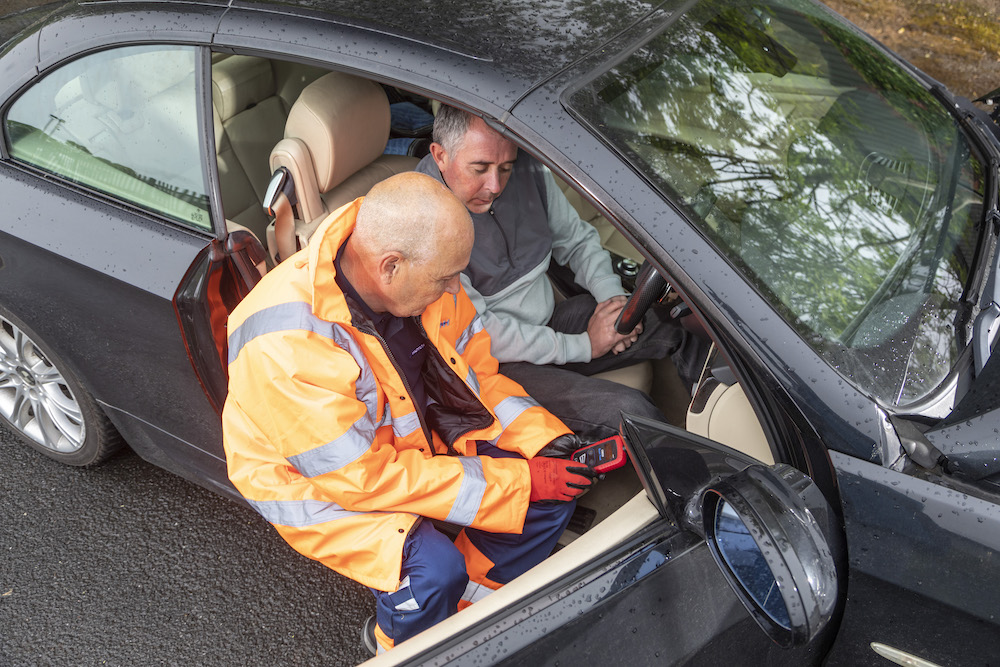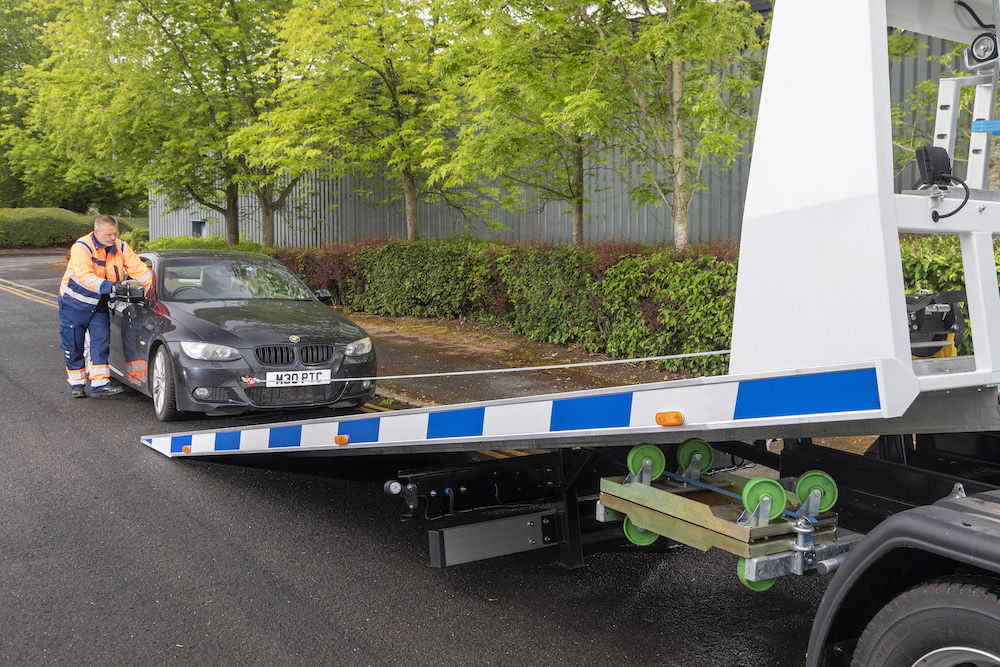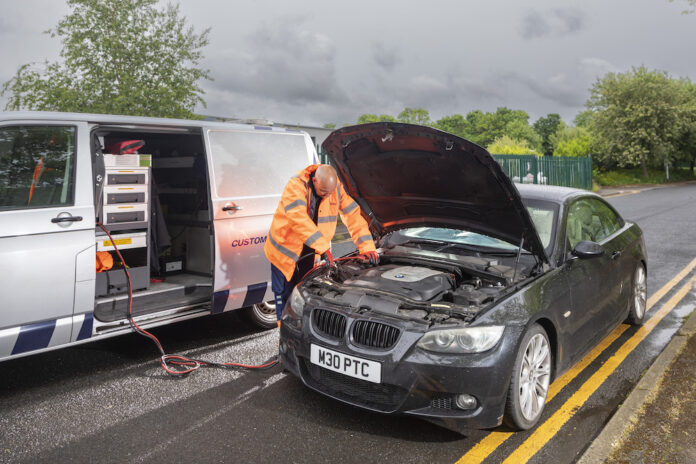Roadside assistance can sometimes be seen as a bit of a backup plan in case anything goes wrong, but have you ever just thought ‘it will probably be fine, right?’. Cancelling a recovery plan or avoiding cover altogether can often turn into a false economy. With the price of recovery being fairly high at the best of times, the risk of a rogue trader has the potential to cause a real hole in your wallet that could easily have been avoided, warns leading breakdown provider Start Rescue.
With more and more motorists switching over to hybrid and/or electric power trains, it can be tempting to cut down on costs elsewhere. Despite these vehicles providing relief at the pump, they are often high-value vehicles and breakdown cover is usually the first sacrifice to be made.
New Power Brings New Procedure
Many modern vehicles have complicated recovery procedures and the old-fashioned method of a truck and a tow hook can cause significant damage if the vehicle isn’t recovered correctly. The crucial motors, transmissions and expensive electrical components are at significant risk and can result in a serious bill if handled incorrectly.
According to Start Rescue, a driver of a combustion engine vehicle can usually expect a bill of £250 for recovery assistance. High initial call-out charges and extra unforeseen costs from freelancers or emergency operators already pose a significant cost but the potential for EV and plug-in hybrid owners to fall victim to unskilled traders could lead to thousands of pounds worth of avoidable repair bills.

There can be an additional level of stress if the vehicle is damaged during recovery as without the proper insurance from the operator, the driver will be left footing a potentially extensive repair bill.
Start Rescue Managing Director Lee Puffett advises: ‘It’s a false economy to skimp on breakdown cover but particularly for those running electric vehicles or plug-in hybrids. These motorists are risking not just their vehicles but leaving themselves open to massive additional bills if the recovery is botched.’
Complicated Recovery
‘When you need help, you should ideally obtain assistance from a company which has a good reputation in your community or holds an industry recognised standard, such as PAS 43. If they are PAS 43 registered, you can be very confident they have the necessary skills and technical training to recover your particular vehicle, whether it’s a car, van, motorcycle or a bus.’

‘Companies operating without a recognised recovery industry standard or lacking experience of working with varying vehicle types, frequently don’t have the skills to recover a petrol or diesel vehicle correctly. So, if you have an EV or hybrid the risks of hugely expensive damage to these vehicles – which require a specific set of skills – are potentially higher.’
Proper roadside assistance not only protects your vehicle from further damage, but also protects the vehicles occupants from potential injury or harm at the roadside. Breaking down at the side of the road can be extremely dangerous and the scene must be managed correctly to avoid and mitigate hazardous conditions. Relying on an operator that doesn’t possess the proper credentials or training can leave those at the scene vulnerable to injury.
Monthly Instalments Over Mounting Repairs
Background and DBS checks also may be missing for a ‘Have-a-go’ trader and traders lacking a recovery industry standard could well have exceeded their allocated tachometer hours, with fatigue greatly increasing the risk of injury and/or damage to the vehicle.
With all this in mind, those monthly instalments may just be worth the added peace of mind.
Start Rescue is a 2021 Which? Recommended breakdown cover provider.

